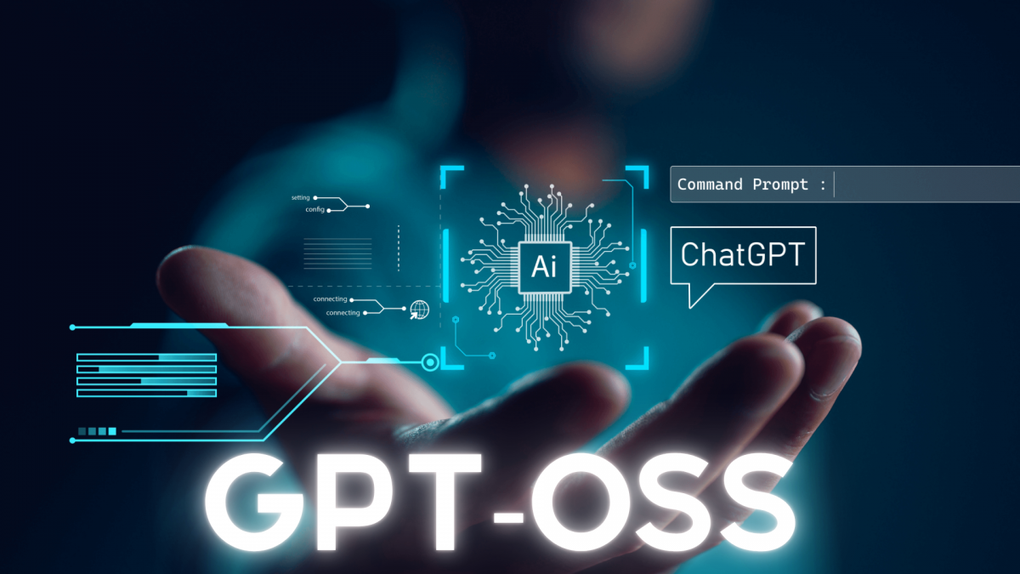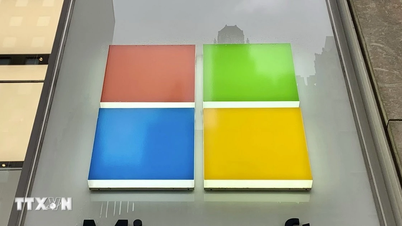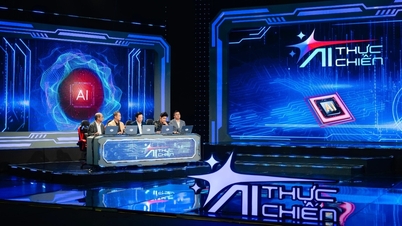
GPT-OSS is ChatGPT's first open-source AI model, allowing users to customize and integrate directly into tools, applications... (Illustration: Getty).
The GPT-OSS model allows users to download, customize, and operate directly on personal devices without an Internet connection.
This is considered a notable move by OpenAI in reaching out to the developer community and general users, after a long time focusing on commercial products running on cloud platforms.
GPT-OSS comes in two versions: a 120 billion parameter model and a 20 billion parameter model, to accommodate a wide range of hardware configurations. The 120 billion parameter version, equivalent to GPT-4o mini (released in April), can run on PCs with Nvidia graphics cards and at least 16 GB of RAM. This version is designed to balance responsiveness and inference capabilities.
Meanwhile, the 20 billion parameter version is optimized for devices with more modest configurations, equivalent to GPT-3.5 mini. Despite its smaller scale, this model can still perform basic tasks such as answering questions, writing text, or supporting encryption.
According to information from OpenAI, GPT-OSS is capable of running programming tasks, supporting application building and acting as an AI agent through an attached programming library. Allowing the model to run directly on personal devices is expected to increase data control and reduce dependence on network connections.
On the safety front, OpenAI said the model has been audited by external security organizations. GPT-OSS is built with the ability to refuse to respond to requests that violate usage rules, especially in sensitive areas such as cybersecurity or bioweapons development.
The release of GPT-OSS comes amid growing interest in open-source AI models due to their flexibility, low cost, and self-operating capabilities. Several open-source models such as DeepSeek have attracted significant attention from the global AI community in recent times.
Before that wave, OpenAI was criticized for being late to the open trend. CEO Sam Altman admitted that the company "went in the wrong direction" by not developing open source models early. GPT-OSS is seen as an effort to adjust its strategy to meet the needs of the application development community.
GPT-OSS is currently distributed through Microsoft's Windows AI Foundry platform for Windows operating systems. A macOS version is expected to be released in the near future.
Although primarily aimed at programmers, the GPT-OSS model can also be used by individual users for routine tasks. Running the model locally is expected to enhance privacy, given the many data security concerns that arise from AI models operating online.
Source: https://dantri.com.vn/cong-nghe/openai-ra-phien-ban-chatgpt-chay-tren-may-tinh-khong-can-internet-20250807094133037.htm







![[Photo] Da Nang: Hundreds of people join hands to clean up a vital tourist route after storm No. 13](https://vphoto.vietnam.vn/thumb/1200x675/vietnam/resource/IMAGE/2025/11/07/1762491638903_image-3-1353-jpg.webp)







































































































Comment (0)